SCOTT DETROW, HOST:
U.N. agencies in 10 countries, including the U.K., France and Canada, are urging Israel to reverse a ban on well-recognized international aid groups from entering Gaza. Among the groups…
SCOTT DETROW, HOST:
U.N. agencies in 10 countries, including the U.K., France and Canada, are urging Israel to reverse a ban on well-recognized international aid groups from entering Gaza. Among the groups…
BEIJING, Jan. 1 — Chinese industrial and commercial enterprises have deepened pragmatic cooperation with Belt and Road partner countries in trade, investment and industries in 2025, data…
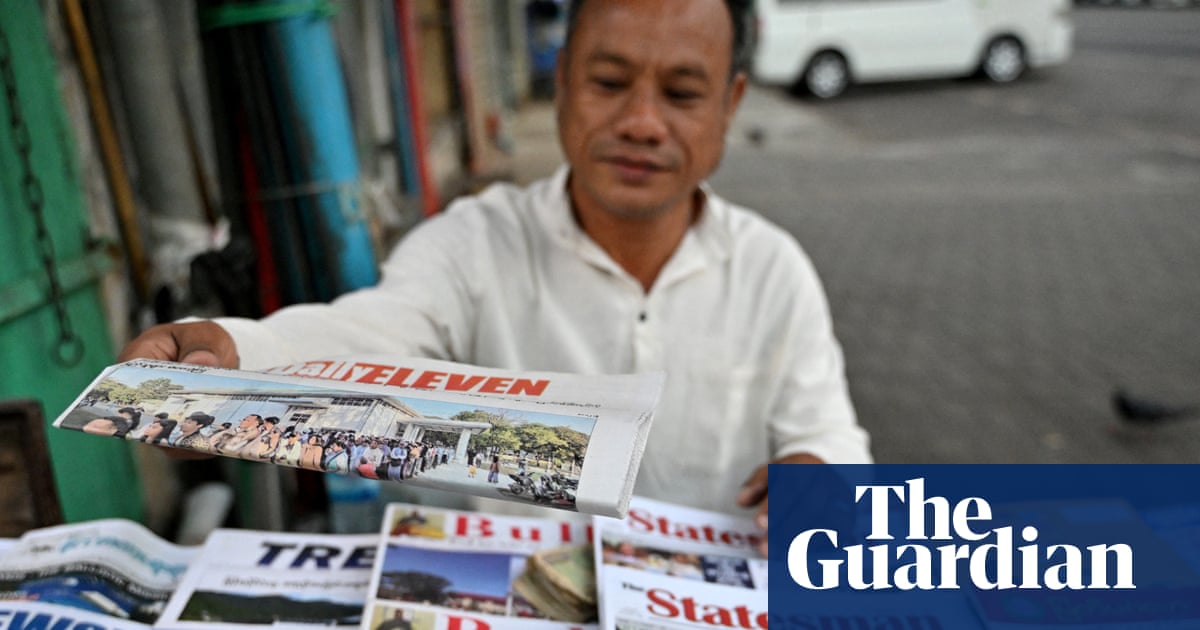
Yangon feels, on the surface, like a normal, bustling city. In downtown areas, commuters stream past roadside sellers and diners perch beneath parasols. Packed buses and cars chug along the roads. At sunset, young people stop to pose for photos…
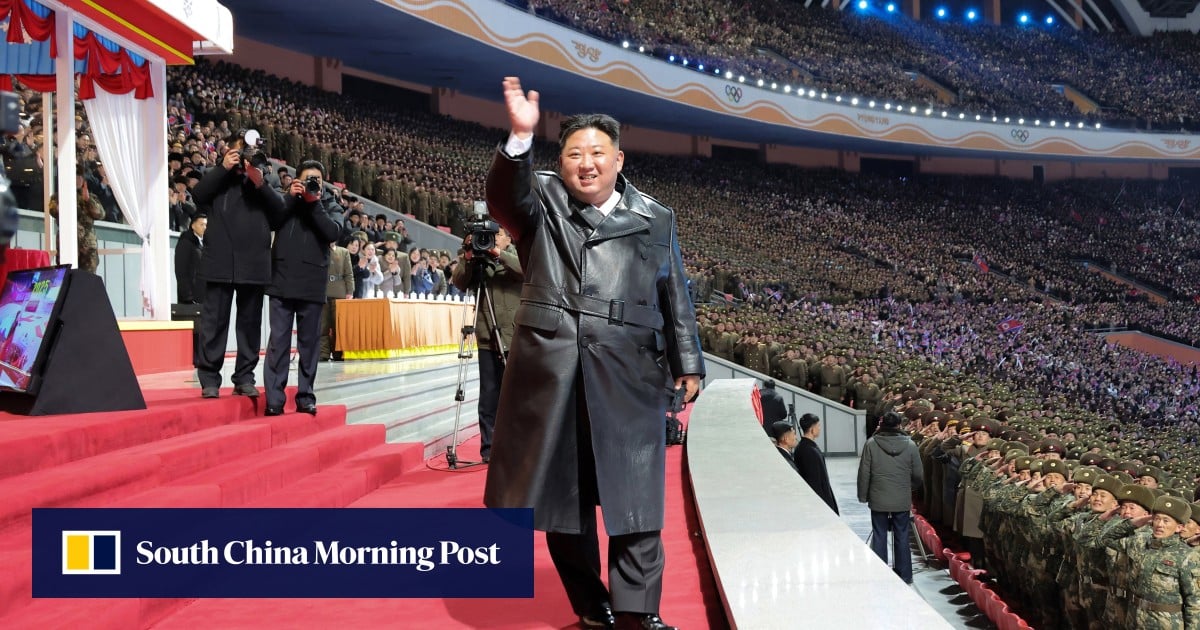
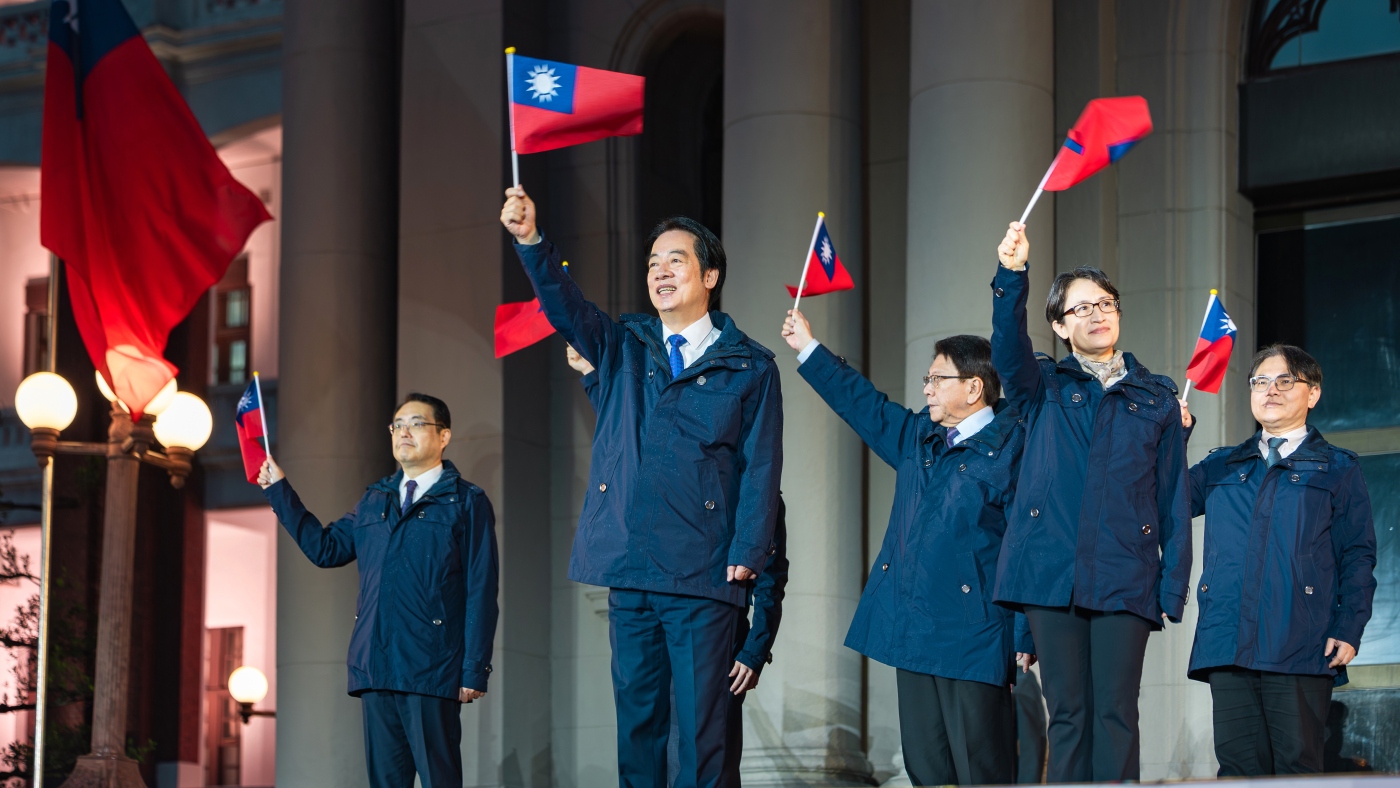
In this photo released by the Taiwan Presidential Office, Taiwanese President Lai Ching-te (center) is accompanied by his…
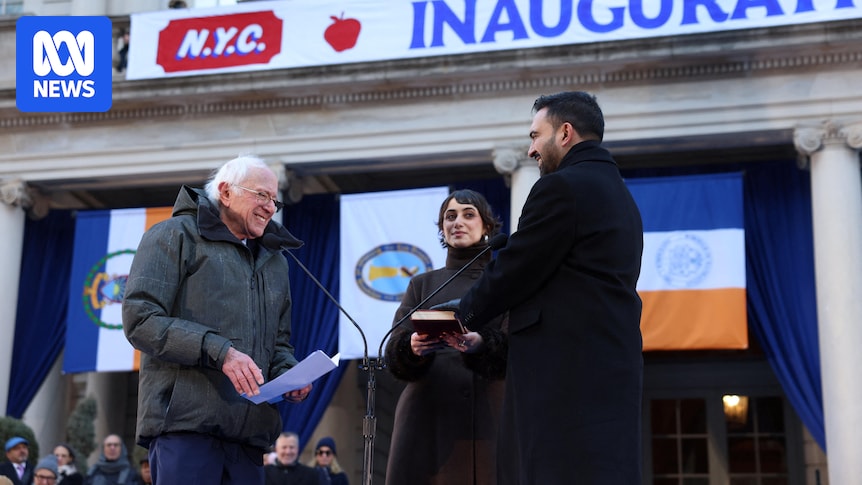
New York’s new mayor, Zohran Mamdani, has vowed not to water down his ambitious agenda as he promised a new era for the city during an impassioned inauguration address.
The 34-year-old was sworn into the mayoralty outside City Hall by one of his…

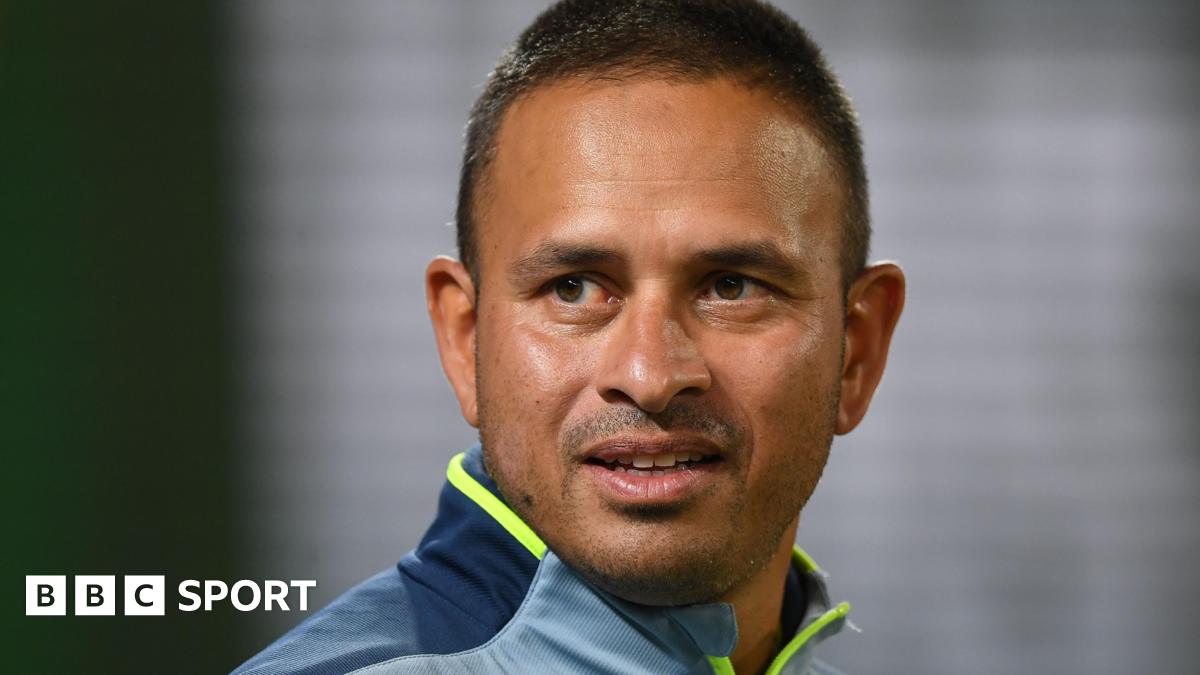
Alongside Steve Smith, Khawaja is one of two remaining members of the Australia team beaten by England in their last series win in this country in 2010-11.
Khawaja has made 6,206 Test runs at an average of 43.39, with 16 hundreds.
He needs 30 runs…

Khawaja has played in six Ashes series – winning two, losing two and drawing two. He was also part of the Australia team that won the World Test Championship in 2023.
He needs 30 runs in his final Test to go above Mike Hussey and into 14th on…